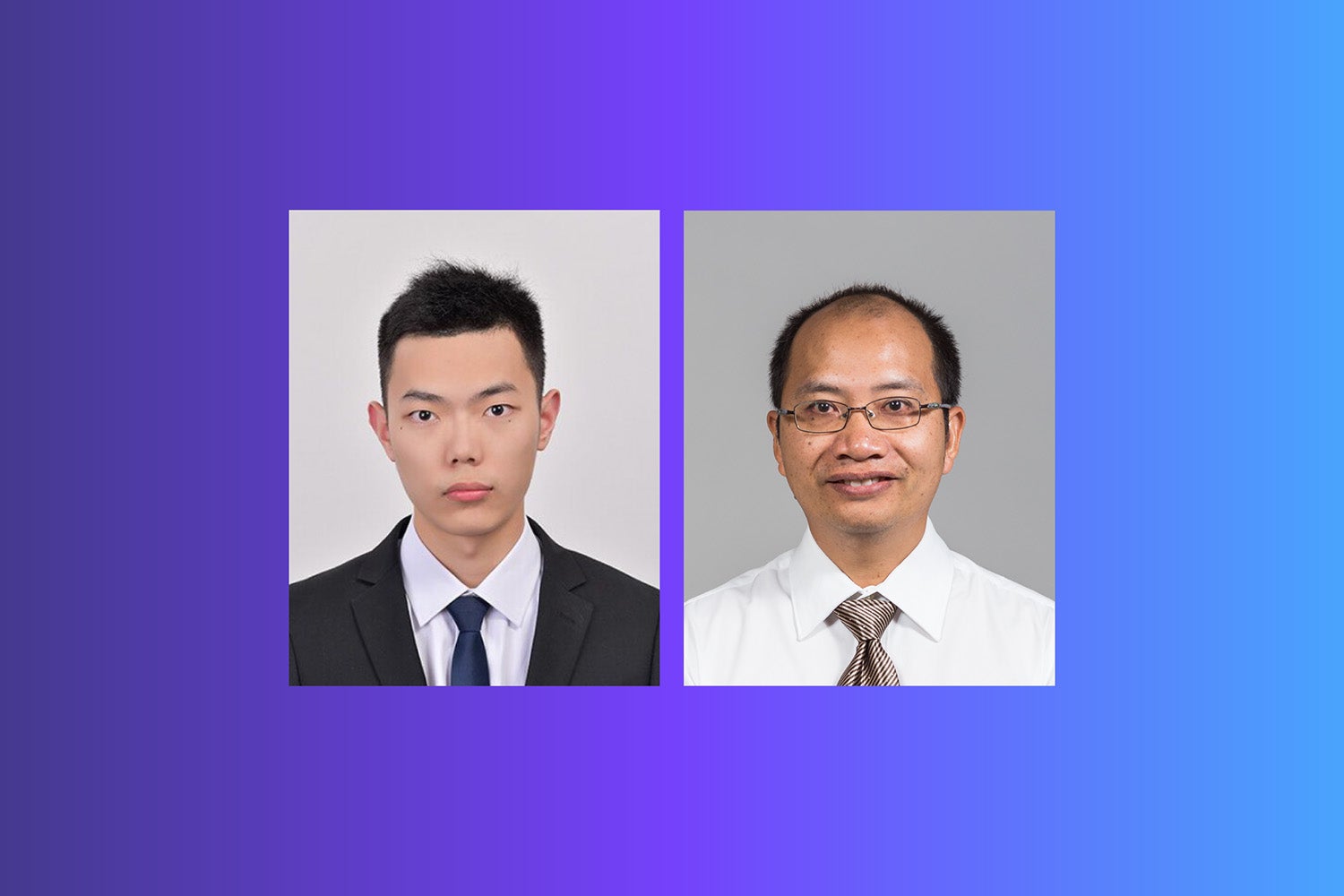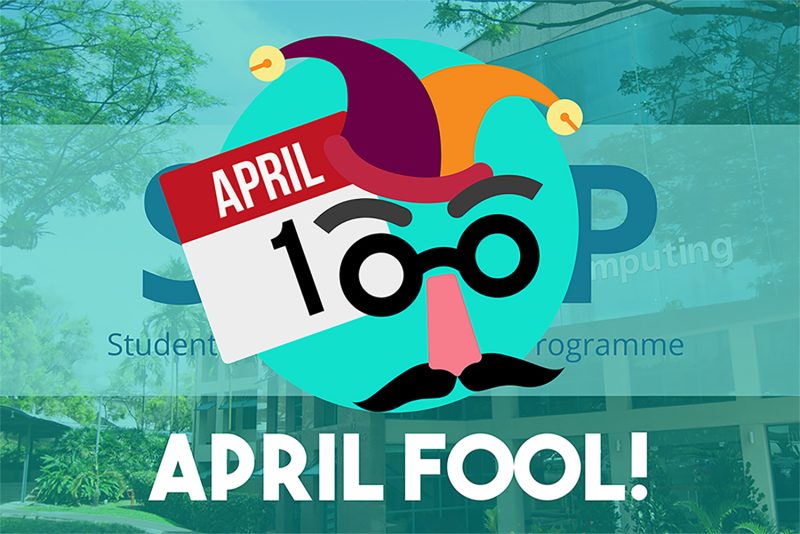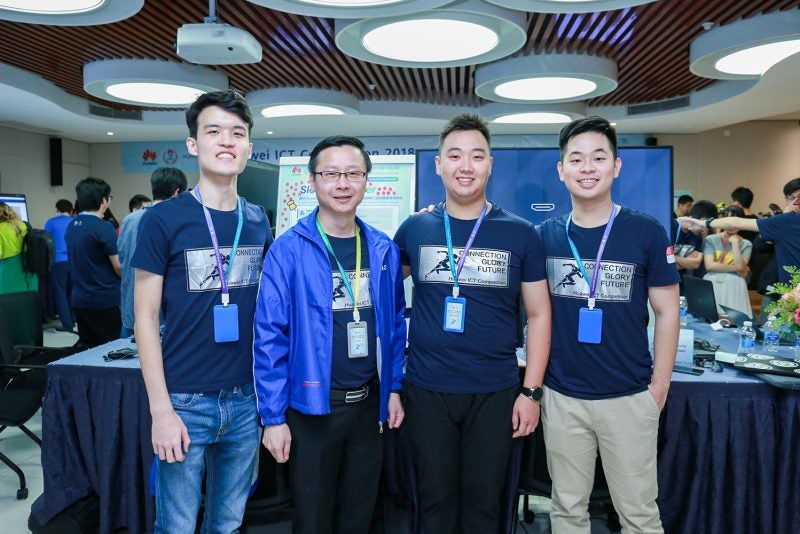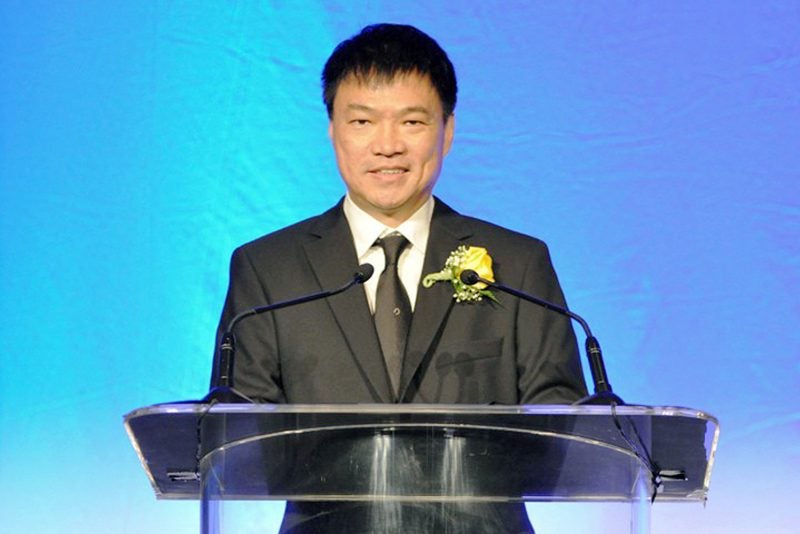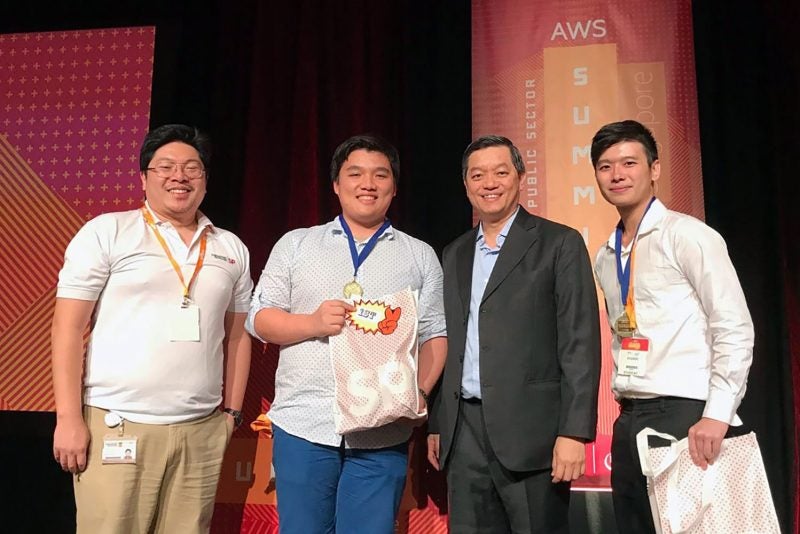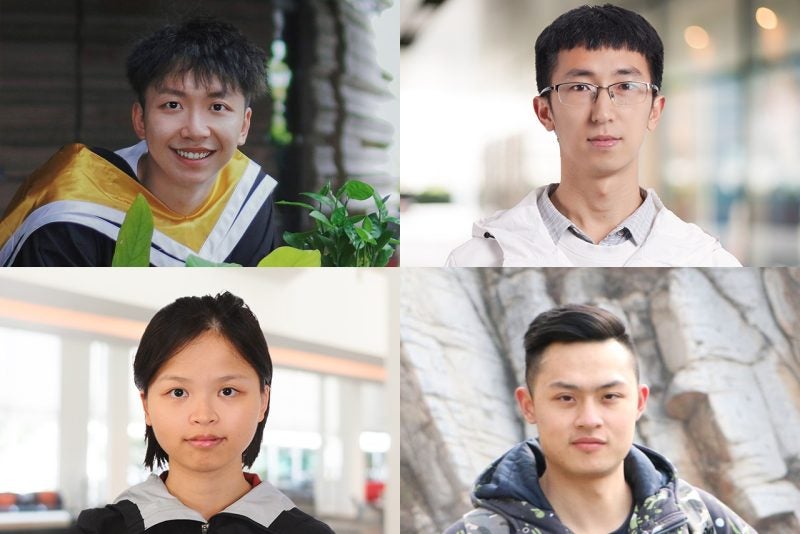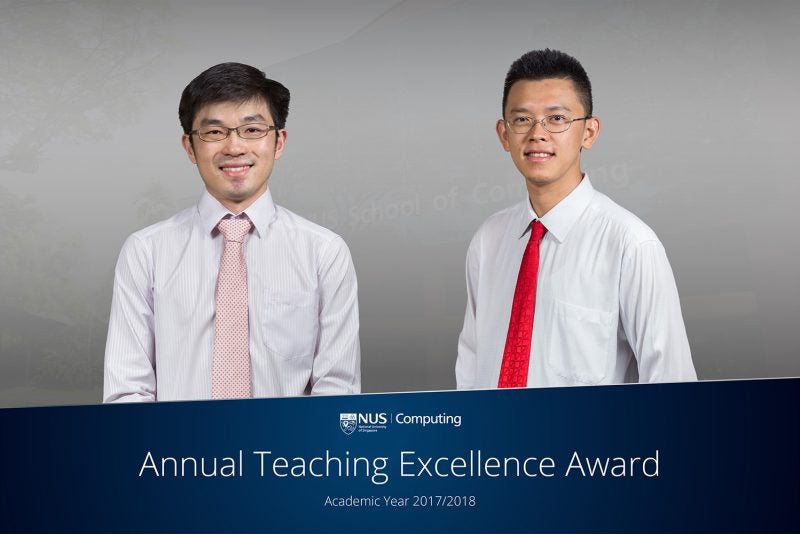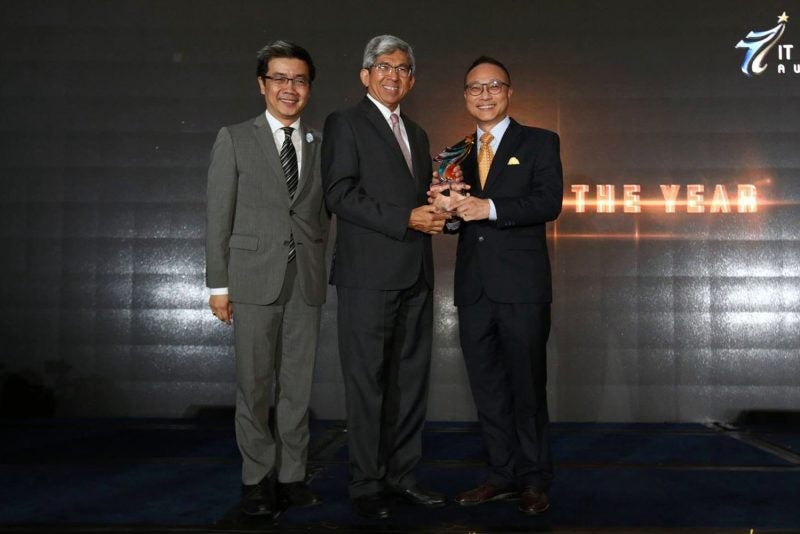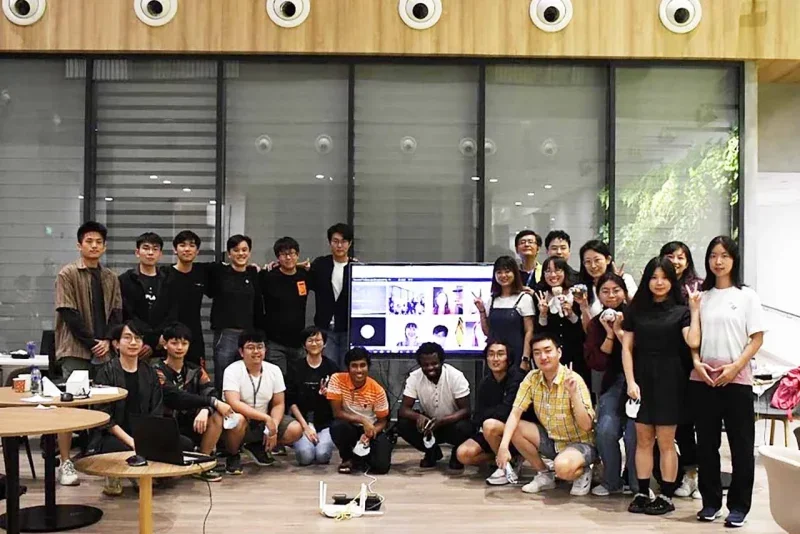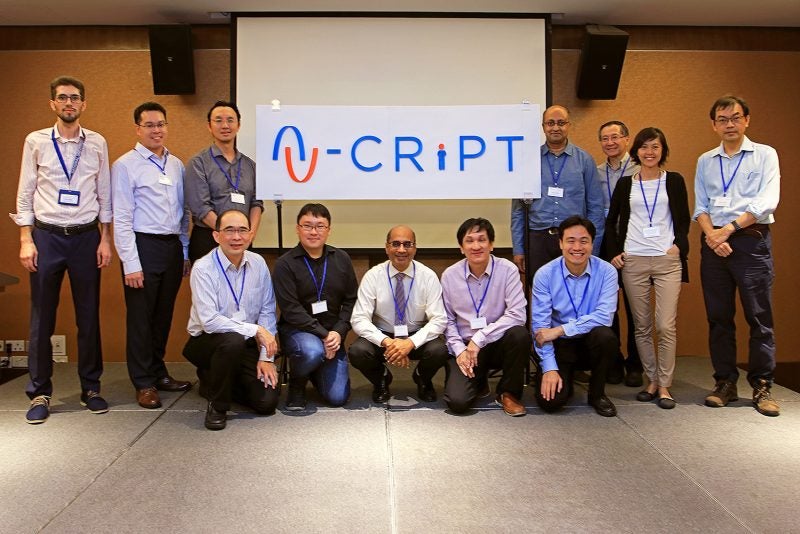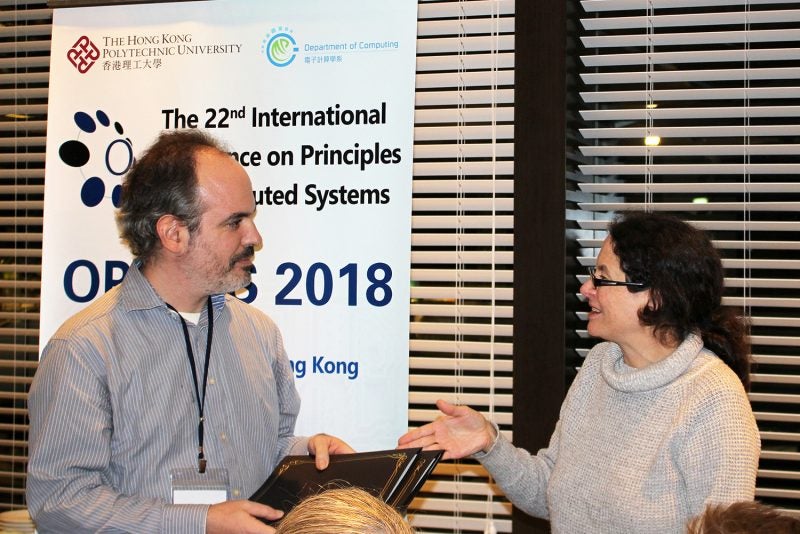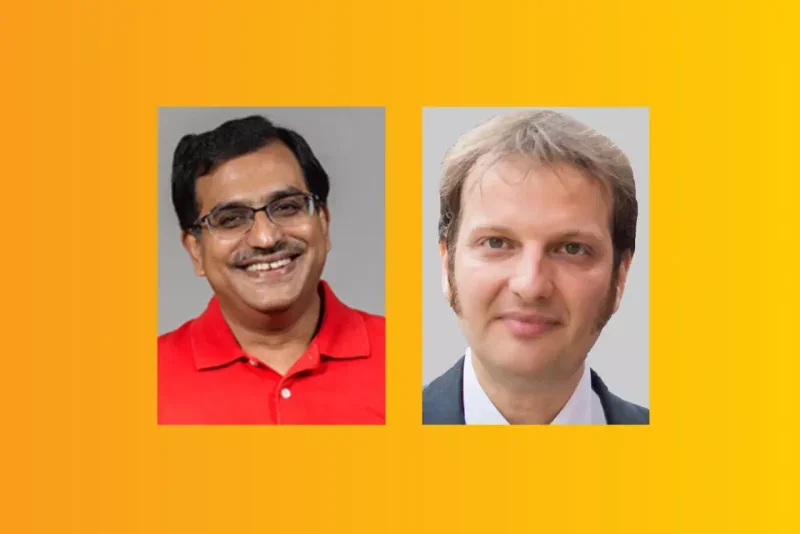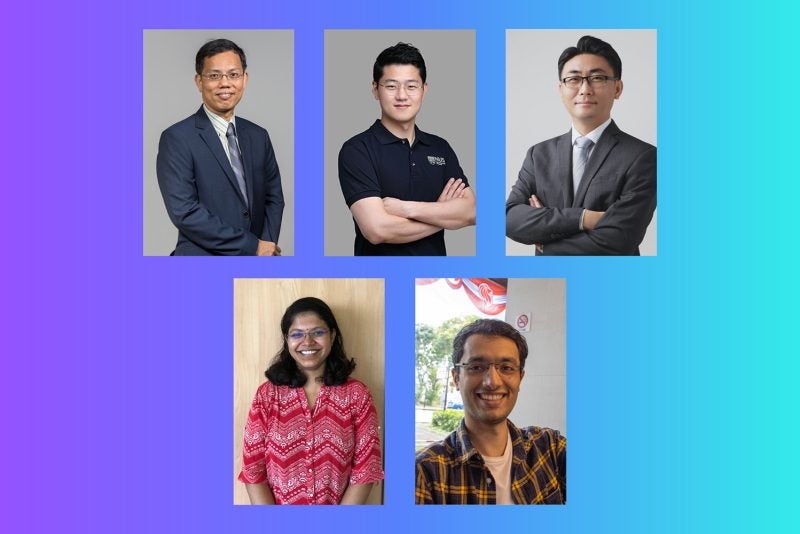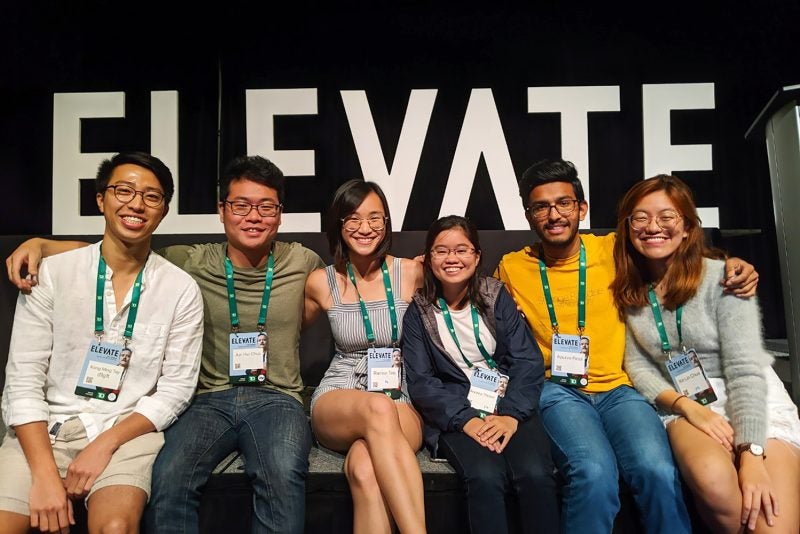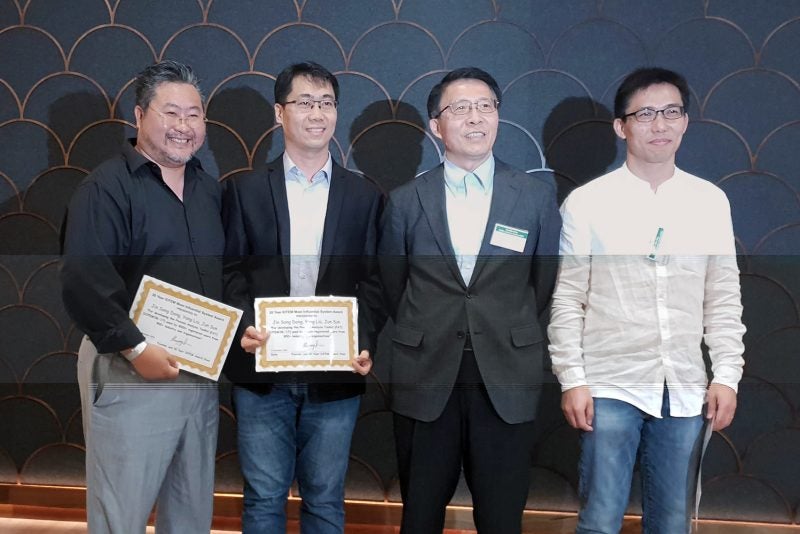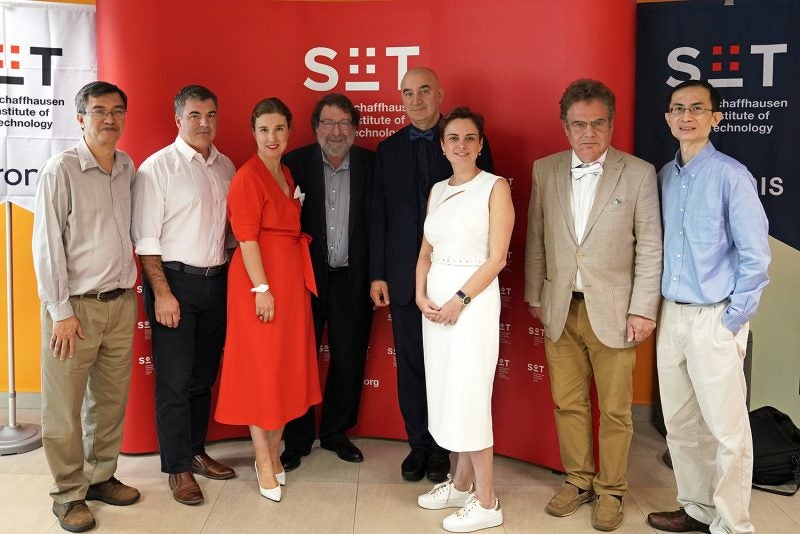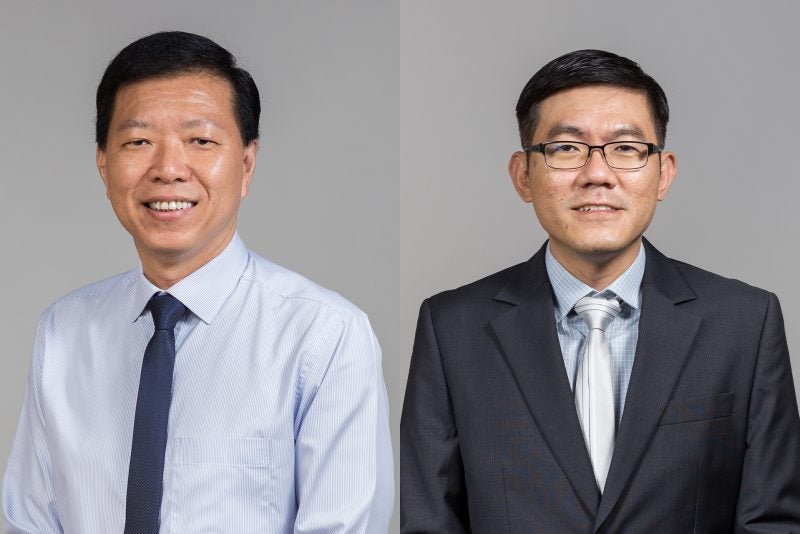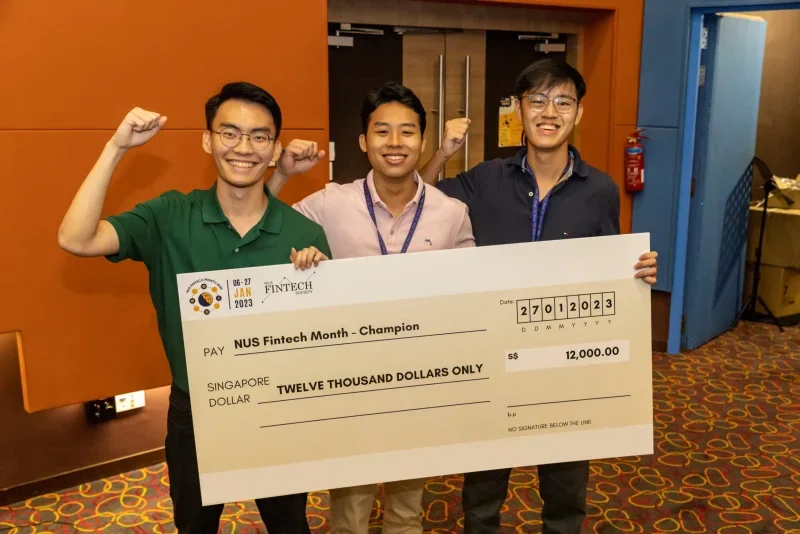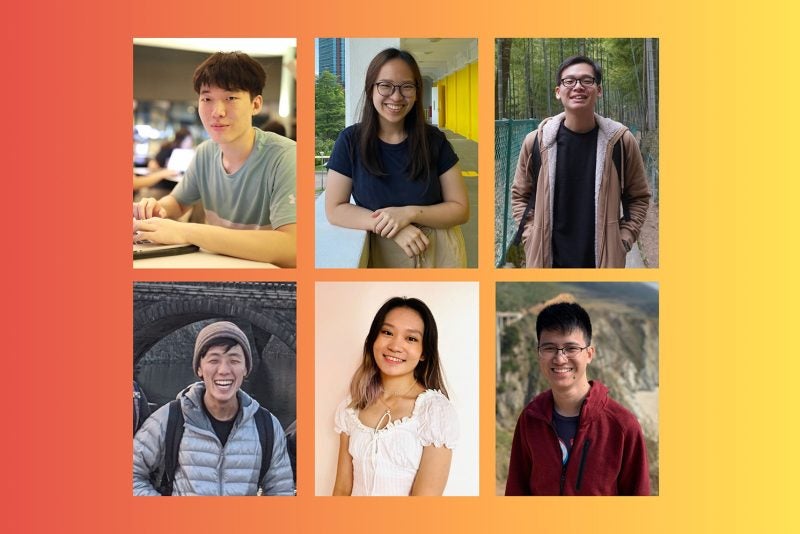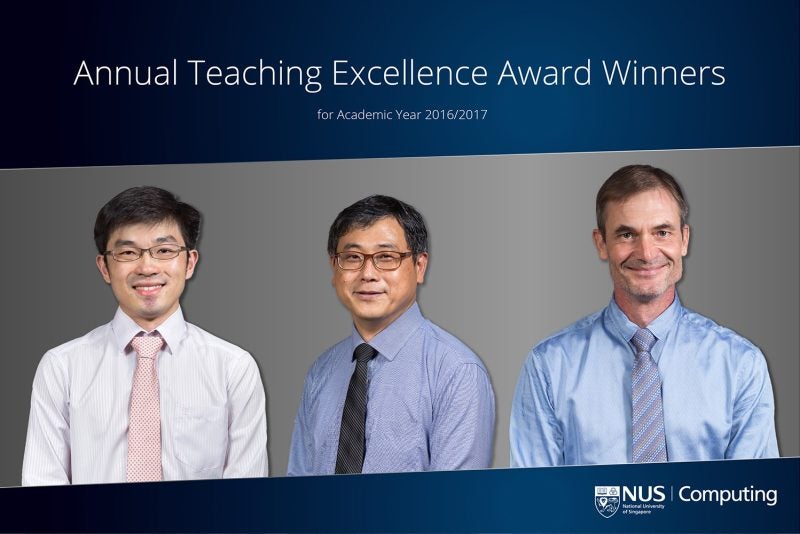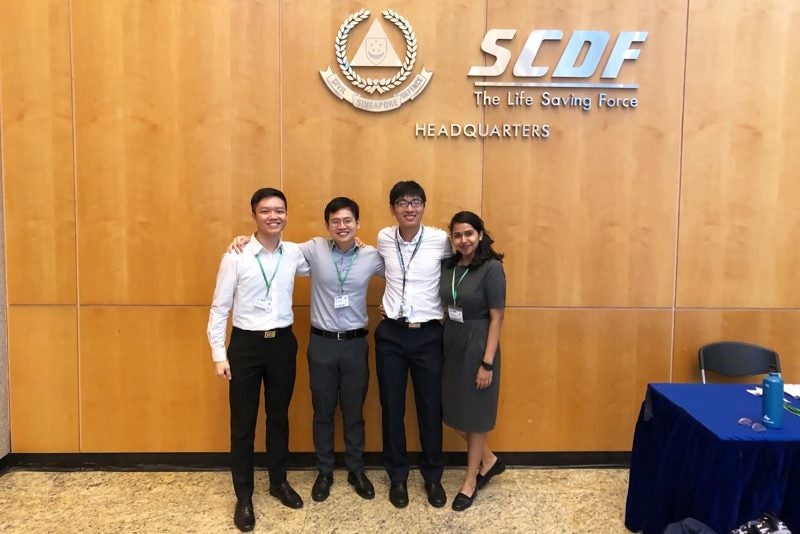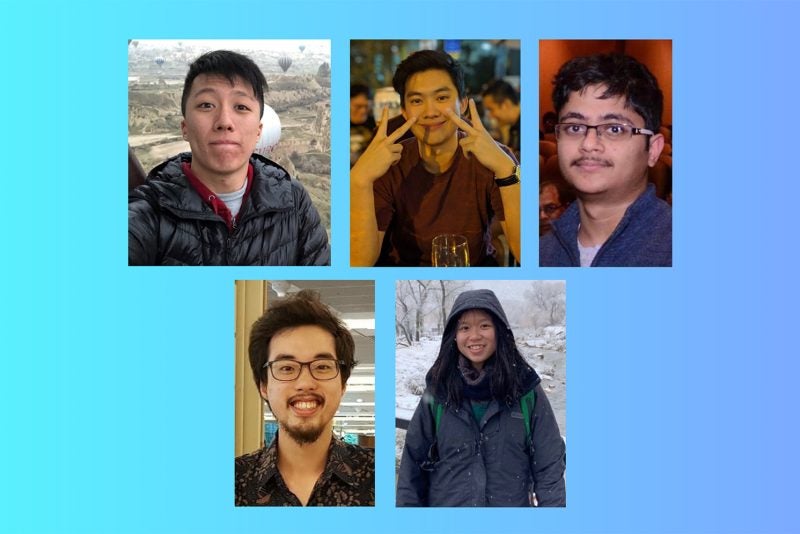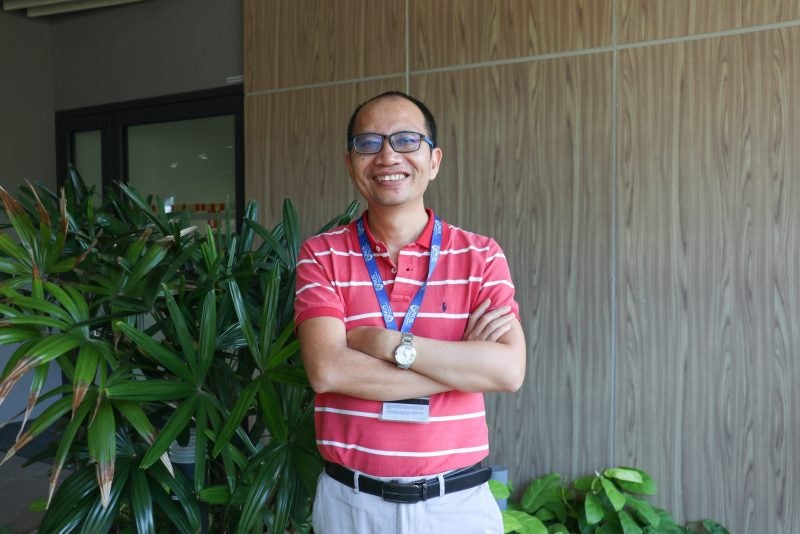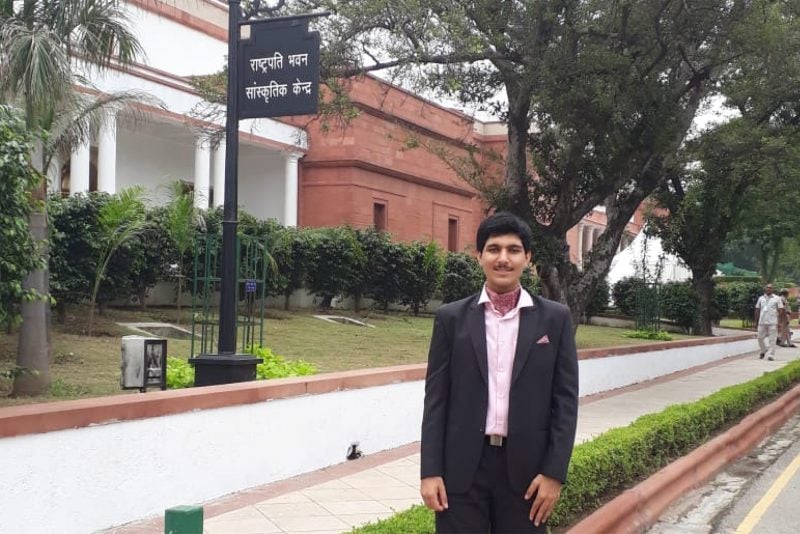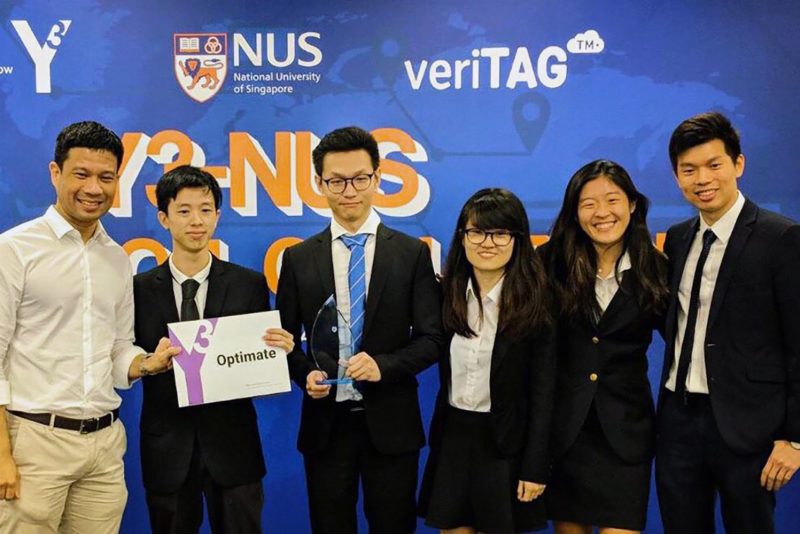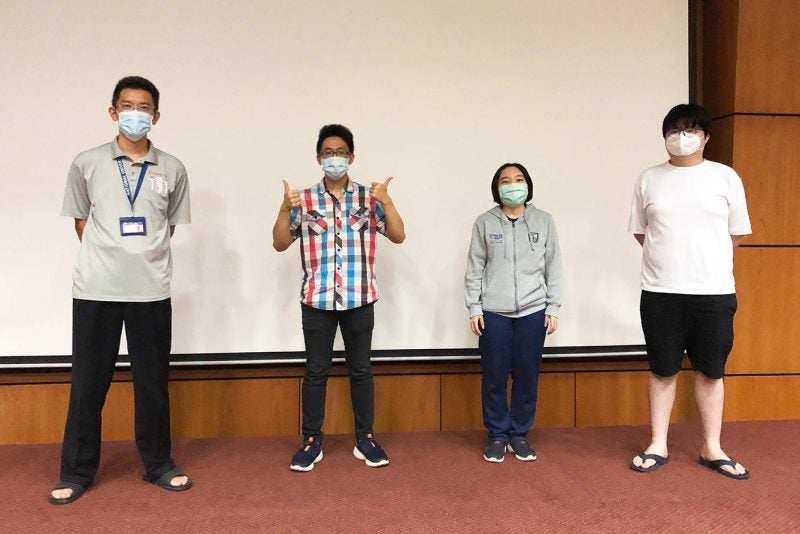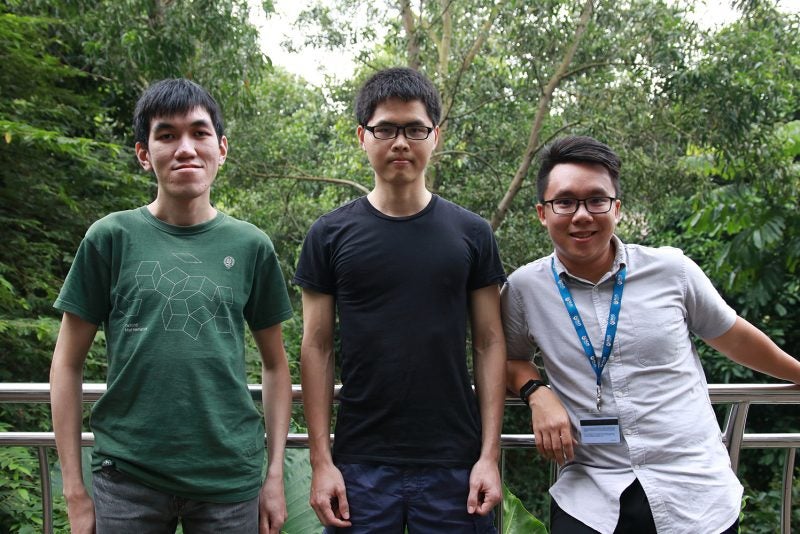17 May 2021 – Computer Science PhD student Li Qinbin won the Best Student Paper Gold Award 2021 from the Pattern Recognition and Machine Intelligence Association (PREMIA).
Li received a S$500 cash prize for winning the award. He was recognised for the paper, ‘Practical Federated Gradient Boosting Decision Trees’, co-authored with Associate Professor He Bingsheng and former NUS Computing Research Fellow Wen Zeyi.
The paper proposes a novel, effective, and efficient solution for federated training of gradient boosting decision trees (GBDT).
Federated learning enables devices to collaboratively learn a shared prediction model, while keeping all the training data on the device. In this way, there is no need to store the training data in a centralised cloud.
“With increasing concerns surrounding data privacy, federated machine learning has been gaining importance as a research area,” said A/P He.
He added: “The data is usually dispersed among different devices or organisations. However, due to privacy concerns and regulations such as the General Data Protection Regulation, data cannot be transferred to a server for model training.”
To combat this, their paper proposes a similarity-based federated learning framework, in which the devices share gradients instead of raw data.
“Each party trains the GBDT using the weighted sum of gradients, based on a pre-computed similarity score,” said A/P He.
Future developments
A/P He and Li are currently developing federated tree systems based on their paper: the source codes for these systems can be accessed here and here. According to A/P He, there are also ongoing and potential collaborations with AI Singapore, as well as the Chinese companies Alibaba Group and ENN Group.
“We are very excited to receive the award, as it is a recognition of the quality and impact of our work. Federated learning is a promising solution for training sufficiently good machine learning models, while preserving data privacy. The research in our paper is timely and important for every nation, including Singapore,” said A/P He.

